Analogue Is Making the Sega Genesis Clone You've Been Waiting For
Analogue is extending the FPGA treatment to all of Sega's 2D hardware with a new console called the Mega Sg.
It's never been a better time to be into classic gaming, what with all the hardware and software on the market today designed to help you play your favorite titles from yesteryear in perfect clarity.
That's especially been true if you're a Nintendo fan, thanks to the company's own mini consoles as well as high-quality reproductions of products from the likes of 8BitDo, RetroUSB and, of course, Analogue.
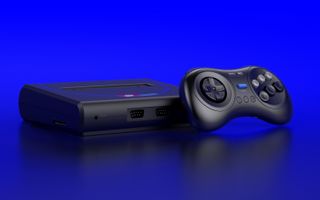
However, the state of things hasn't been quite as rosy if you aligned with a different faction during those schoolyard battles so many years ago. The retro renaissance has regrettably skipped Sega — though things are finally coming back around.
Meet the $189 Mega Sg. Retro preservationists-slash-hardware makers Analogue are extending the FPGA treatment to the Sega Genesis and Mega Drive. What they've built is functionally a clone of Sega's 16-bit console that outputs a lag-free 1080p signal, while maintaining full compatibility with the original cartridges and controllers. Preorders are live now on Analogue's website, and systems will begin shipping in March.
MORE: Analogue Super Nt Review: The SNES Clone to End All Clones
However, the Mega Sg plays more than simply Genesis games. Every unit ships with a Master System cartridge adapter, so you'll be able to explore titles from Sega's oft-overlooked 8-bit console as well. And if you have a Sega CD or Mega CD, Analogue's hardware will work with it thanks to a dedicated expansion slot in the system's base.
But wait, there's more! Sometime next year, Analogue will begin selling $10 cartridge adapters to expand compatibility to the Game Gear, Sega Cards, and even a few Japanese consoles that never made it to our shores, like the SG-1000, SC-3000 and what is objectively the coolest-looking gaming system ever designed, the Sega Mark III.
Sign up to get the BEST of Tom's Guide direct to your inbox.
Get instant access to breaking news, the hottest reviews, great deals and helpful tips.
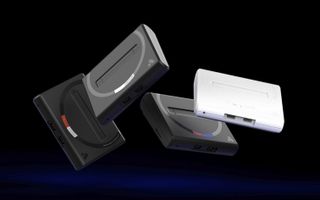
Building in support for so many platforms made the Mega Sg one of Analogue's more ambitious projects, according to the company's CEO and founder, Christopher Taber.
"We wanted to do it because a lot of these systems are not systems that I think there's enough total interest and demand in to warrant developing dedicated systems for," Taber told Tom's Guide. "I don't know technically which ones you could call commercial failures or successes, but generally most of them didn't do very well and were not super popular in the U.S. or in the West especially."
Thus, Analogue set out to build the "be-all, end-all" Sega system — at least when it comes to Sega's 2D output, anyway. And like the Super Nt before it, it doesn't rely on emulation.
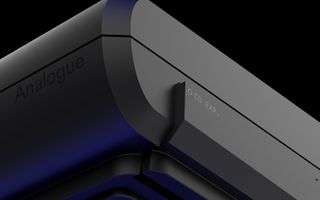
Crack open one of Hyperkin's Retrons or even Nintendo's own NES and SNES Classic, and you'll find a typical system-on-chip (like what's inside a phone or tablet, essentially) running emulation software. When done well, like on Nintendo's products, the differences between the new hardware and the real thing are imperceptible. But when done poorly — like on AtGames' infamous Genesis plug-and-play TV micro-consoles — woeful components and poor emulation often lead to all kinds of inaccuracies, from frame drops to jarringly off-key music.
Conversely, the Mega Sg incorporates a specific type of processor called an FPGA, which can reprogrammed at its deepest level to mimic any other processor — in this case, the Motorola 68000 and Zilog Z80 that powered the original Genesis and Master System, respectively. The result is a console that Analogue says achieves "total accuracy" when compared with the original hardware, and can be used in concert with all the original games and many of the same accessories, too.
"We wanted to do it because a lot of these systems are not systems that I think there's enough total interest and demand in to warrant developing dedicated systems for." —Christopher Taber, CEO and founder, Analogue Inc.
Well, except for one. Hardcore Sega fans will notice no mention of the perennially-ridiculed 32X in the Mega Sg's list of supported consoles. That's because the 32X's reliance on routing analog signals back and forth between itself and the Genesis makes it unsuitable for an all-digital platform like the Mega Sg.
"There's no way for us to mix an analog source with an HD source without implementing a custom output that would have to go from the 32X into the Mega Sg," Taber said. "Then we would have to implement a frame buffer, which would create latency."
Given that the entire goal of Analogue's consoles is stamping out latency that other solutions create, such an approach would be counterintuitive. Ideally, Taber says his team would love to produce their own 32X via FPGA as a cartridge adapter after launch. That would take more time, however, and ultimately public demand will determine whether Analogue decides to go that route.
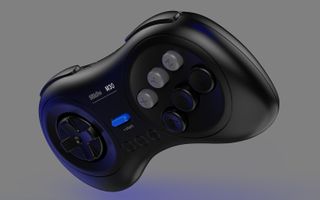
Controller maker 8BitDo is continuing its partnership with Analogue in support of the Mega Sg's launch, with the announcement of the M30 pad. The M30 marks 8BitDo's first foray into replicating a non-Nintendo peripheral — though unlike the SN30 we recently checked out, this isn't a Bluetooth controller.
Rather, the M30 comes with a 2.4GHz wireless receiver that plugs into the Mega Sg's Genesis controller port. Theoretically, this should make it compatible with original Genesis or Mega Drive systems as well. However, you won't find one in the Mega Sg's box — you'll have to shell out another $25 on top of the price of the system.
All of this is to remind you that, yes, the Mega Sg is expensive proposition. But it also figures to be a one-of-a-kind modernization of a console that's every bit as influential as its Nintendo rival, yet never properly received the respect it deserved. Sega is reportedly continuing to work on its own mini incarnation of its 16-bit hardware, though that almost assuredly won't come with the ability to play your own games, nor is it guaranteed to reach the same caliber of quality that defines Analogue's work.
In the end, if the Mega Sg can do for the Genesis what the Super Nt did for the SNES, we'll have a new console war on our hands. And this time, everyone will win.
Image Credit: Analogue
Adam Ismail is a staff writer at Jalopnik and previously worked on Tom's Guide covering smartphones, car tech and gaming. His love for all things mobile began with the original Motorola Droid; since then he’s owned a variety of Android and iOS-powered handsets, refusing to stay loyal to one platform. His work has also appeared on Digital Trends and GTPlanet. When he’s not fiddling with the latest devices, he’s at an indie pop show, recording a podcast or playing Sega Dreamcast.
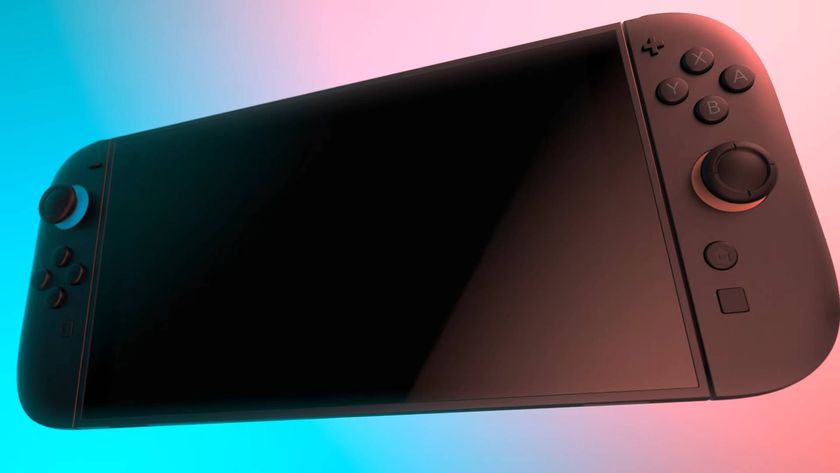
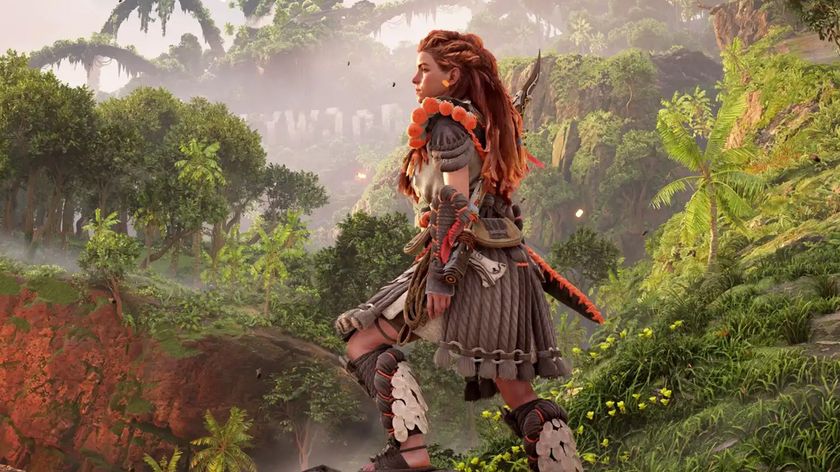

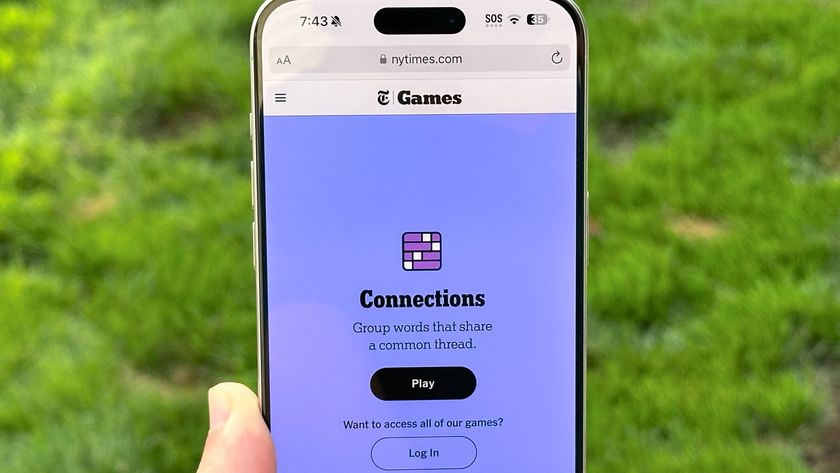
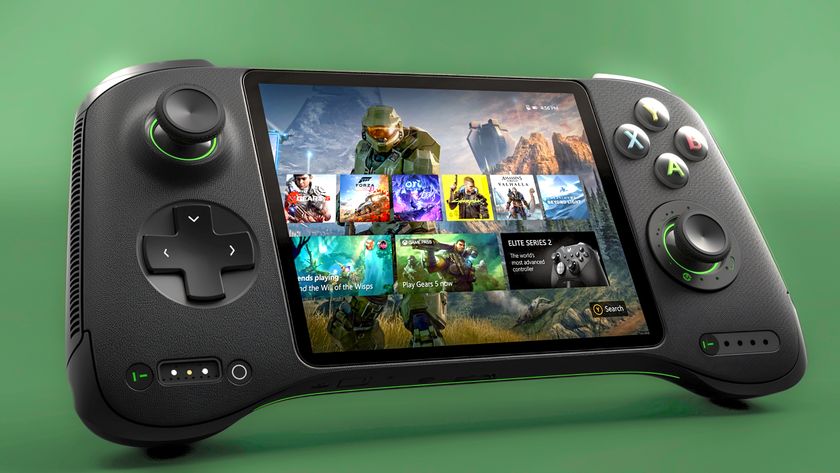

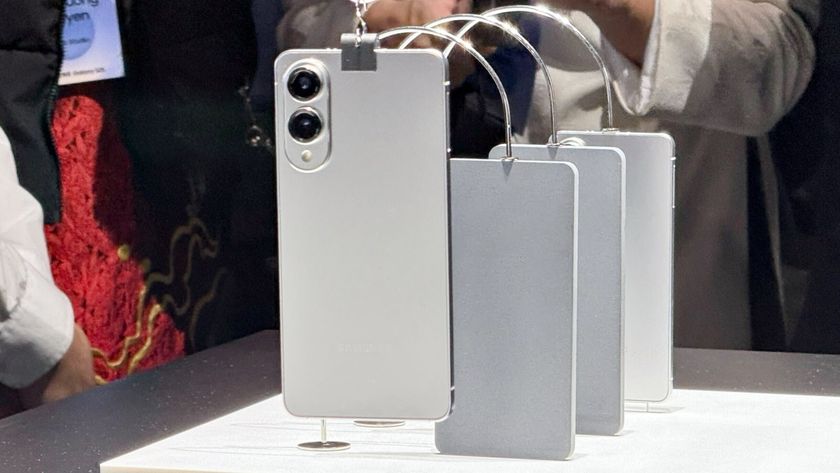
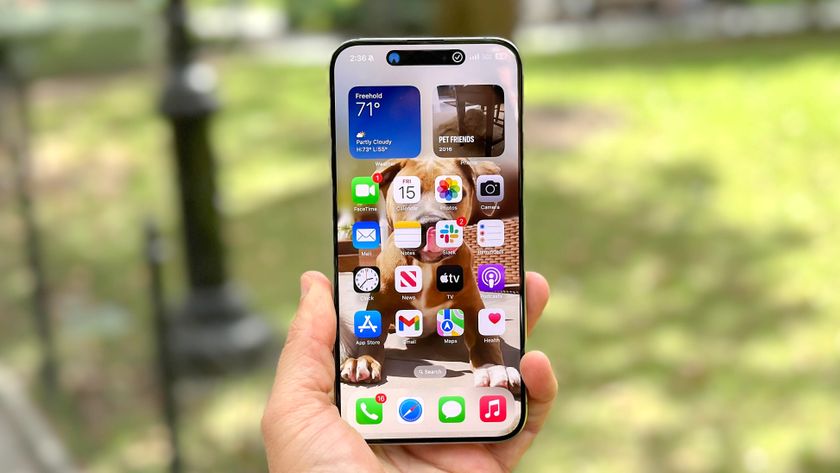

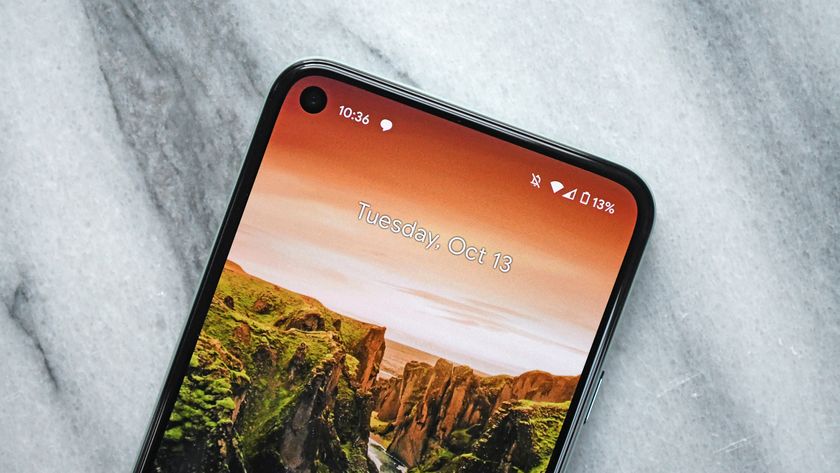
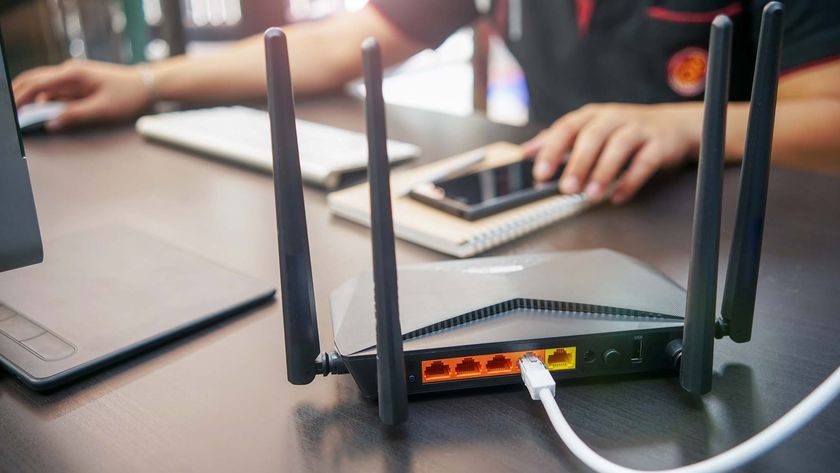

-
velocityg4 I loved my Sega Genesis. I preferred the Genesis games over SNES. Back in the day I had the Genesis I, Power Base Converter, 32x and Sega CD v2. The 32x was the last console, well console upgrade I ever bought. Then I discovered computer gaming and never bought another console.Reply
While this is neat. I couldn't imagine spending so much to play old games. A used real Genesis is so much cheaper, even when bundled with games. I probably should get one some time. I still have a tube TV for this sort of thing. What was a high end flat front Sony Wega 27". Just never get around to it. -
adam.ismail Yeah, if you're still fortunate enough to have a tube, just use that. I wish I did, it would make playing all my old consoles so much easier!Reply -
Peter Martin Reply21406646 said:I loved my Sega Genesis. I preferred the Genesis games over SNES. Back in the day I had the Genesis I, Power Base Converter, 32x and Sega CD v2. The 32x was the last console, well console upgrade I ever bought. Then I discovered computer gaming and never bought another console.
While this is neat. I couldn't imagine spending so much to play old games. A used real Genesis is so much cheaper, even when bundled with games. I probably should get one some time. I still have a tube TV for this sort of thing. What was a high end flat front Sony Wega 27". Just never get around to it.
this^^^ it was truly great. I bought Virta Racer (3D racing game) for 90 bucks, it had lots of memory in that cartridge. LOVED that game and system. F117 Nighthawk was awesome too.
https://www.youtube.com/watch?v=q7Ow3w2DIRc -
adam.ismail Reply21409049 said:21406646 said:I loved my Sega Genesis. I preferred the Genesis games over SNES. Back in the day I had the Genesis I, Power Base Converter, 32x and Sega CD v2. The 32x was the last console, well console upgrade I ever bought. Then I discovered computer gaming and never bought another console.
While this is neat. I couldn't imagine spending so much to play old games. A used real Genesis is so much cheaper, even when bundled with games. I probably should get one some time. I still have a tube TV for this sort of thing. What was a high end flat front Sony Wega 27". Just never get around to it.
this^^^ it was truly great. I bought Virta Racer (3D racing game) for 90 bucks, it had lots of memory in that cartridge. LOVED that game and system. F117 Nighthawk was awesome too.
https://www.youtube.com/watch?v=q7Ow3w2DIRc
Virtua Racing will be playable on this system! I loved that game, so I made sure to ask the creator of the system that question. Of course, the 32X version will not, but at least you'll be able to put that expensive old cart to good use! They're a lot cheaper nowadays thankfully, I snagged one for $10 a few years back.



